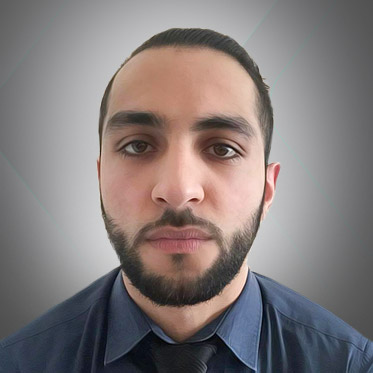VIDEO: 'Iran missile program threat to US, Middle East'
WASHINGTON, United States (Kurdistan24) – A group of Middle East experts on Friday agreed Iran’s missile program is a danger to the US and its allies in the region during a convention on Tehran’s nuclear threat.
The Atlantic Council’s Brent Scowcroft Center on International Security organized the panel discussion for the launch of their new paper titled “Precision Fire: A Strategic Assessment of Iran’s Conventional Missile Program.”
The panelists discussed the different ways Iran has developed their nuclear missile program and what that means for the US and its regional allies.
Former US Ambassador Zalmay Khalilzad, President at Gryphon Partners, pointed to Iran’s strength and weaknesses and explained its “power is growing.”
Khalilzad mentioned Iran was one of three dominant powers in the Middle East after Turkey and Saudi Arabia.
The Ambassador added that although Iran does not have “modern conventional weapons” they have the “ability to use proxy forces [and] its missile program.”


Another panelist, Kelsey Davenport, Director for Nonproliferation Policy at the Arms Control Association, discussed international communities’ role in response to Iran’s missile threat.
“Now that the nuclear agreement [between the US and Iran] has removed the possibility of a nuclear-tipped ballistic missile there are important questions about the trajectory of Iran’s ballistic missiles from a conventional perspective,” she said.

Michael Elleman, a Consulting Senior Fellow for Missile Defense at the International Institute for Strategic Studies, was another member of the Panel.
Elleman explained Iran’s transparency with their missile capabilities creates “a heightened sense of fear in the region,” and beyond.
“The Gulf states take [Iran’s missile threat] very seriously, as does Israel that missiles could rain down on their cities in the future,” he told Kurdistan24.
“This is an issue that’s taken very seriously by all the Gulf States as well as the United States, Great Britain, and other powers that have troops stationed in the region,” he concluded.
(Abbas Zangana contributed to this report)
